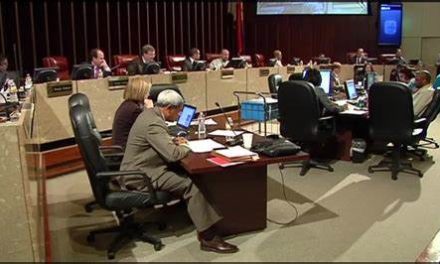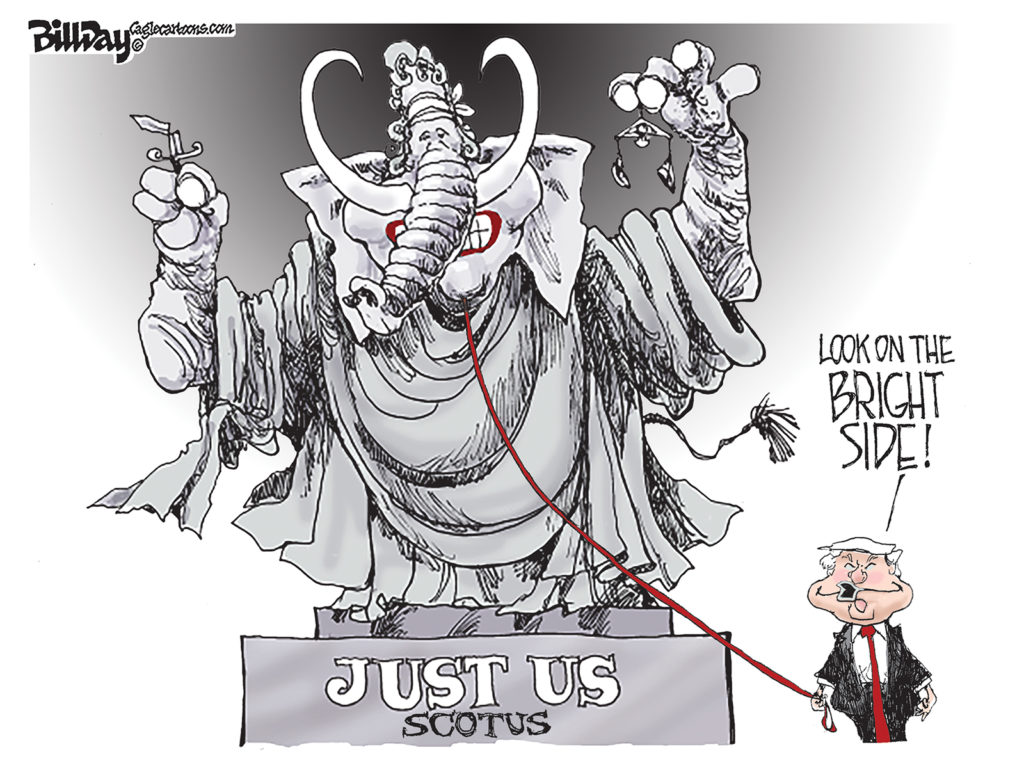As the debate over metropolitan government rages on, I can’t help but hear the crackle of fear in the air. Its sound is resonant from all corners of Shelby County and much of it results from distortions, inaccuracies and perhaps just a plain old fear of change.
I am a lifelong Memphian. After seeing the same vicious cycle of government waste and duplication and stagnant economic growth year after year, I am convinced that change is good. It may pinch a little bit, but the greater good should be the priority.
One of the issues that incite the most contention is the possibility of eroding the political gains made by African-Americans in the city of Memphis and weakening the black vote. According to the U.S. Census, Memphis is 63 percent African-American and Shelby County is 51 percent African-American. While consolidation would remove the supermajority status held by blacks within the current city limits, I still find it improbable — for several reasons — that it would have a debilitating effect on African-American muscle in this community.
First, African-Americans will maintain the majority status they hold in the county; therefore, their voices cannot and will not be ignored when it comes to metro government elections.
Second, and more important, the numbers don’t lie. According to the district boundaries plan developed by the Charter Commission, 13 of the 25 seats on the metropolitan council will represent communities with majority African-American populations. Thus, it stands to reason that African-Americans will be well represented in the new metro government.
Finally, like the numbers, history doesn’t lie. African-Americans have already proven they can be elected in countywide races, including current officeholders A C Wharton, Cheyenne Johnson, Otis Jackson and Paul Boyd.
Although African-Americans will maintain a majority status under the proposed new charter, there remains a force that can weaken their base, and that is their failure to vote in all elections. The elected leadership has to re-energize and re-engage the community. The turnout for recent elections has been abysmal. That is a reflection of the leaders.
We must gain and keep the trust and respect of our constituents. When people lose faith and confidence they stay at home on election day. Continued voter apathy presents a greater threat to the power base of African-American leadership than the new metro government ever will.
Granted, change can be risky, but the people who are fighting to keep the status quo are the ones who are taking the bigger risk. Under the current out-of-date government structure, Memphis and Shelby County are tracking toward ever-increasing government debt, a higher tax burden for the citizens (who already pay the highest property tax rate in the state) and continued loss of economic development opportunities and competitiveness. This affects all Shelby Countians — black, white, rich, poor.
I would like nothing more than to see the city reach that much-talked-about mountaintop of solvency and efficiency. We can only do that through leadership that is effective, thoughtful, progressive and visionary. Contrarian tactics and stale rhetoric will never move us forward as a community.
We need leadership that considers the big picture. We need leadership bold enough to ask: What happens beyond right now? What legacy will we leave for the next generation? Why has no one reached out to my generation in any meaningful and authentic way? Why are our young professionals leaving for Nashville, Atlanta and other cities?
Metropolitan government is not a universal salve but it can be both a stabilizer and a catalyst for growth by reducing the barriers to entry for companies and encouraging more economic growth, which in turn combats the massive brain drain in our community and creates opportunity in an otherwise stagnant economic market.
My call to action to both the older generation and to young adults and future leaders in Memphis is to take an honest look at the proposed charter. Have a say in your future and that of those who will come behind you. We must move beyond the “I” to the bigger picture.
When you are considering how you will vote on Nov. 2, consider this: This community is poised to become the first majority African-American metropolitan statistical area in the country, and there is nothing but strength in those numbers.
Tomeka Hart is a member of the Memphis City Schools Board of Commissioners and president and CEO of the Memphis Urban League.




“This community is poised to become the first majority African-American metropolitan statistical area in the country, and there is nothing but strength in those numbers.”
Why?
Because in an increasingly diverse world, we can leverage our own diversity in the global economy, and in proving that a diverse community can succeed, we can become best practices for other cities instead of copying them (for a change). Also, while most cities will have to cope with a loss of workers in the coming years, we won’t, but as we’ve written before, the task is to equip our people to compete for knowledge jobs.
“Because in an increasingly diverse world, we can leverage our own diversity in the global economy, and in proving that a diverse community can succeed, we can become best practices for other cities instead of copying them (for a change)”
How?
NYC has already proven that a diverse community can succeed, and fail, and succeed again.
We don’t need to reinvent the flippin wheel on every single choice, just the ones that require it.
We DO have to reform the education system to accomplish competing in the future at all. It’s blatantly clear the we have enough population here that we don’t have to subvert education anywhere in this city to suit FedEx or any other cheap labor jobs agenda.
Anon 6:10- the only scary thing about this conversation is you do not understand that diversity has traditionally been the source of economic and social advancement. In fact, almost all of the great advancements throughout civilization- the printing press, the Renaissance, the tooth brush, the transistor were created in urban areas. This relates directly to diversity because traditionally cities have been the only places where ethnic diversity has been tolerated to the degree that at least some stability can be claimed (between occasional riots that is). The reason innovation and creation have their roots in these locations is because it allows those with different viewpoints and different perspectives a place to share ideas with a reasonable degree of freedom and safety. 2 individuals from rural Arkansas, one being Methodist and the other Baptist, do not constitute viewpoints and backgrounds with enough diversity to approach a shared problem in different ways. However, place the same individual from Arkansas next to an individual from rural China, urban India or migratory Africa and assuming they are tolerant enough to not kill each other, will actually afford a chance to combine separate knowledge and approaches based on their cultural heritage to create a truly unique solution to a problem. As Brian stated, NYC is a renowned cauldron of creativity as remains our nation’s economic and social center because it is a place where a diversity in ideas and approaches are valued and exchanged daily. This exchange pays in dividends that are valued by those who contribute as well as this nation’s corporate sector. The traditional approach does not allow a company to compete with the innovation that is sure to come tomorrow.
“Continued voter apathy presents a greater threat to the power base of African-American leadership than the new metro government ever will.” Thank you Tomeka for pointing this out, as well as all the other great points you made. I’m searching for clarity on this issue and you helped me.